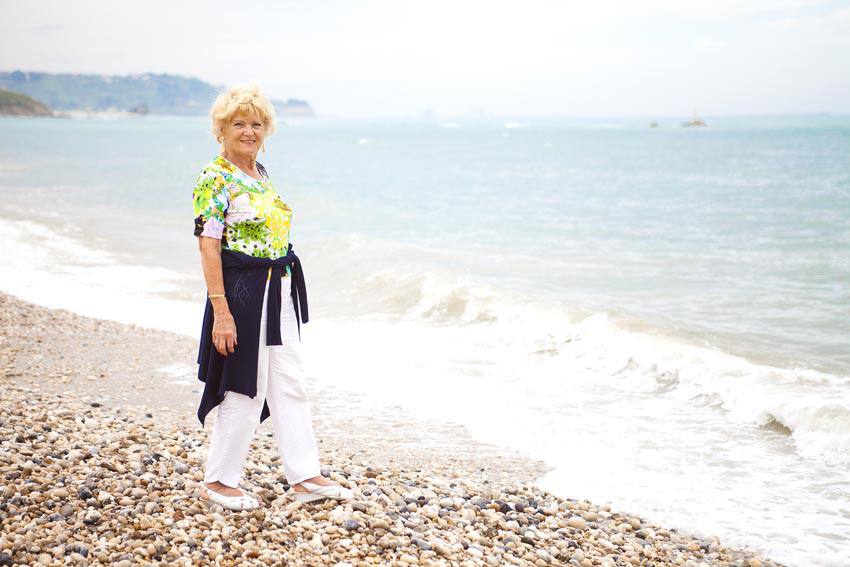Why travellers prefer Blue Cross
- Canada's #1 travel insurance brand and recognized worldwide
- Over 80 years of expertise in insurance
- $5 million travel insurance coverage, with or without deductible
- Flexible and affordable travel insurance solutions
- Free quote available online
- Travel assistance available 24/7 for any emergency, anywhere you travel

Safety tips for single snowbirds travelling alone
Published on: December 1, 2015
While many may assume that snowbirds travel as a couple, there are also snowbirds who are single and travel alone during the winter to enjoy the warmer climate. However, travelling solo, even if you are travelling to a familiar destination, has its own set of safety considerations.
When you travel alone, regardless of your age, you don’t have someone else to look out for you, help you with trip planning or even help carry your luggage. Trip planning, booking accommodations, transportation, meals and entertainment, and ensuring you have proper travel documentation is all up to you.
If you are a snowbird and are planning on travelling solo, here are some important tips to consider before heading south for the winter:
- Talk with your doctor before travelling: Before heading south for the season, it’s important to ensure you are completely healthy and able to travel by yourself. Are you self-sufficient? Are you fit enough, and are you up for the challenge? Make sure you have an adequate supply of any medications you’re taking on and that you know where the closest medical facilities are located.
- Research your destination: Knowing what to expect, where to visit and where not to go during your trip is important to keep yourself safe. Know the potential dangers that exist, and do your best to plan around them, especially if you are travelling outside the United States.
- Go digital: You never know when you may need to access your bank account, manage your credit card or even access a travel document that you misplaced. Backing up all your personal, financial and travel information is a simple way to deal with an issue when you are out of the country.
- Travel light: While this is a good practice for all travellers, with increased age, travelling with heavy luggage can pose risks, such as injuring yourself or being a more likely target for theft.
- Join the Canadian Snowbird Association: As a member, you will have access to travel resources and can get assistance with snowbird travel-related questions and concerns when you are home in Canada or away at your winter home.
- Get travel insurance: Whether you are travelling for a few weeks, a few months or longer, having travel health insurance ensures you can get proper medical care and travel help should you run into issues during your trip.
- Stay in touch regularly: There is no doubt that your family will be worried about you while you are away. For your safety and their reassurance, make sure that you stay in touch with them regularly by phone, email or even social media. Make sure your family has your contact information, knows what medications you are on (if applicable) and that they have the ability to handle anything that could arise at home while you are away. Consider creating a travel agenda for loved ones so they know where you will be and when you will be there.
- Consider finding a travel partner: Having a travel partner, such as a friend, or even being part of an organized travel group can provide you with the comfort and security in knowing there is someone to help you if you have issues.
Following these safety tips will help you be more prepared for your trip and give you the peace of mind in knowing you are covered if you run into travel issues. Planning a trip? Get your snowbird travel insurance today!